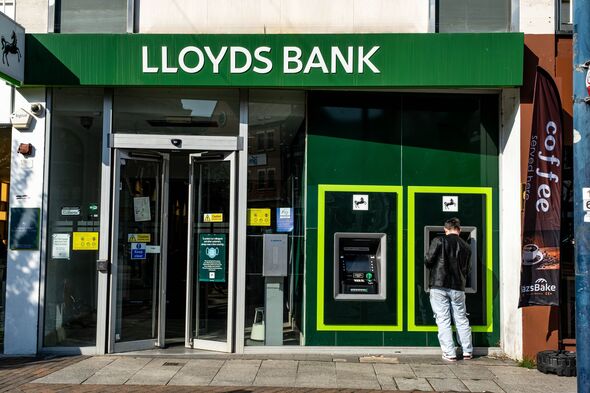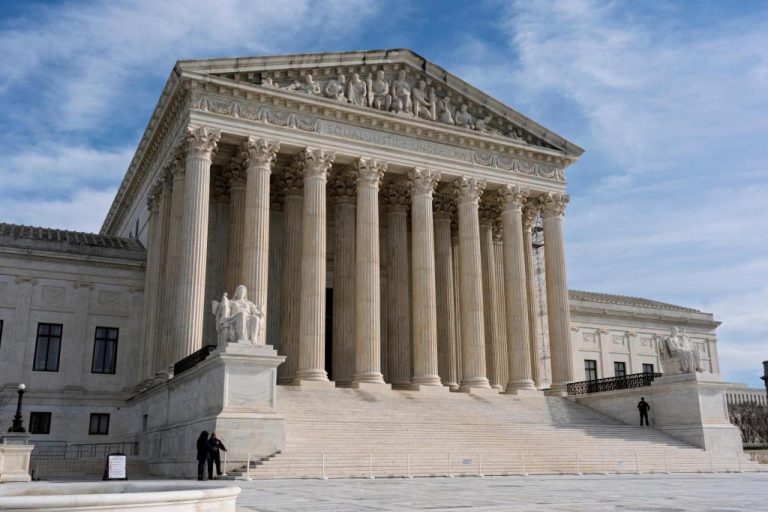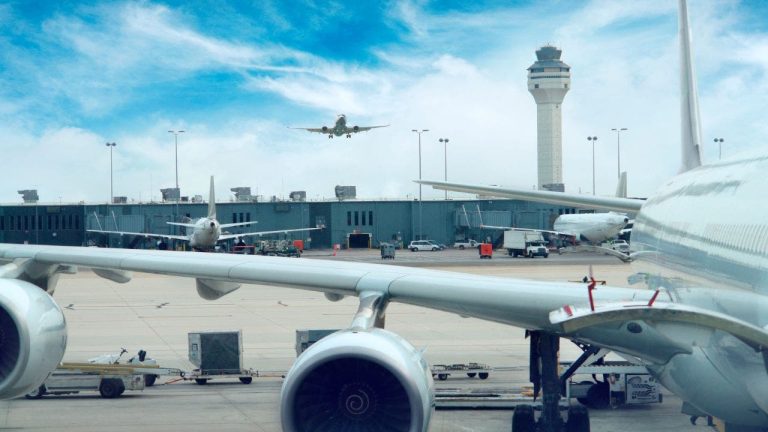
The UK’s overall inflation figure has eased to 8.7 percent, the Office for National Statistics said today.
It represents another drop, down from 10.1 percent in the year to March 2023.
“This creates a challenge for people on fixed incomes, or those households who haven’t experienced an inflation-busting pay rise, who will need to stay creative to save money, and keep themselves in the black.”
He urged Britons to check if they can get any extra help to boost their income. Mr Tully explained: “For those struggling, check if you are eligible for benefits – for example Universal Credit or Pension Credit. Always seek help and don’t suffer in silence.”
Chancellor of the Exchequer Jeremy Hunt said: “The IMF said yesterday we’ve acted decisively to tackle inflation but although it is positive that it is now in single digits, food prices are still rising too fast.
“So as well as helping families with around £3,000 of cost of living support this year and last, we must stick resolutely to the plan to get inflation down.”
Adam Thrower, head of savings at Shawbrook said: “Inflation is finally heading in the right direction and leaving double-digits, which is certainly a welcome relief to all.” However, he said at 8.7 percent, the rate of price growth still remains high.
The savings expert also warned savers: “The recent Bank of England decision to raise the base rate represents another opportunity to protect their savings from inflation.
“Now is not the time to sleep on your savings rate. Our research has shown that half (47 percent) of savers haven’t switched to a better rate in the last year, largely due to the perceived time and effort needed, meaning apathy could be costing them hundreds, if not thousands.
“But switching is quicker and easier than many might think and an effective way to reduce the impact of inflation eroding the value of your savings.
One major contributor to inflation has been energy bills which have hugely increased in the past year.
Under the current Ofgem price cap, energy bills for the average household are currently at £3,280 a year, based on typical use.
Consumers are currently protected from this by the energy price guarantee, which caps bills at £2,500 a year, with the Government paying the difference.
Ofgem is due to revise the price cap tomorrow with some expecting it to fall again as wholesale prices for energy have dropped in recent months.
Kevin Brown, savings specialist at Scottish Friendly, warned even with the Ofgem price cap set to fall this week, people will still struggle to pay their bills.
He said: “Essential components of household budgets such as food and non-alcoholic beverages are still rising by 19.1 percent, while other key areas of household spending continue to increase at painfully high rates too.
“The concern here is price rises become stubbornly embedded as households go from coping to accepting, further perpetuating the problem and leaving rates to stay higher for longer.
“Interest on savings is still well behind in inflationary terms too. Savers are being punished despite consecutive hikes in the bank rate. Inflation has a long way to go before even the top rate savings accounts begin to look attractive again.”
James McManus, chief investment officer at Nutmeg, said: “Household energy bills and food costs have been key contributors to soaring consumer price inflation, but wholesale energy prices have fallen substantially since their peak last summer following Russia’s invasion of Ukraine.
“This will take time to feed through into household bills, but it’s a positive sign nonetheless. Meanwhile, food prices reached a 45-year high in February, first because of a shortage of wheat on the world market (also due to supply constraints from Ukraine) that pushed up supermarket prices of bread, cereal and pasta.”
Food price inflation dipped from 17.3 percent to 17.2 percent in the four weeks to the middle of May with Britons still facing soaring costs at the supermarkets.
Figures from Kantar suggested a household’s yearly grocery bills could increase by more than £830 further squeezing Britons’ budgets.








